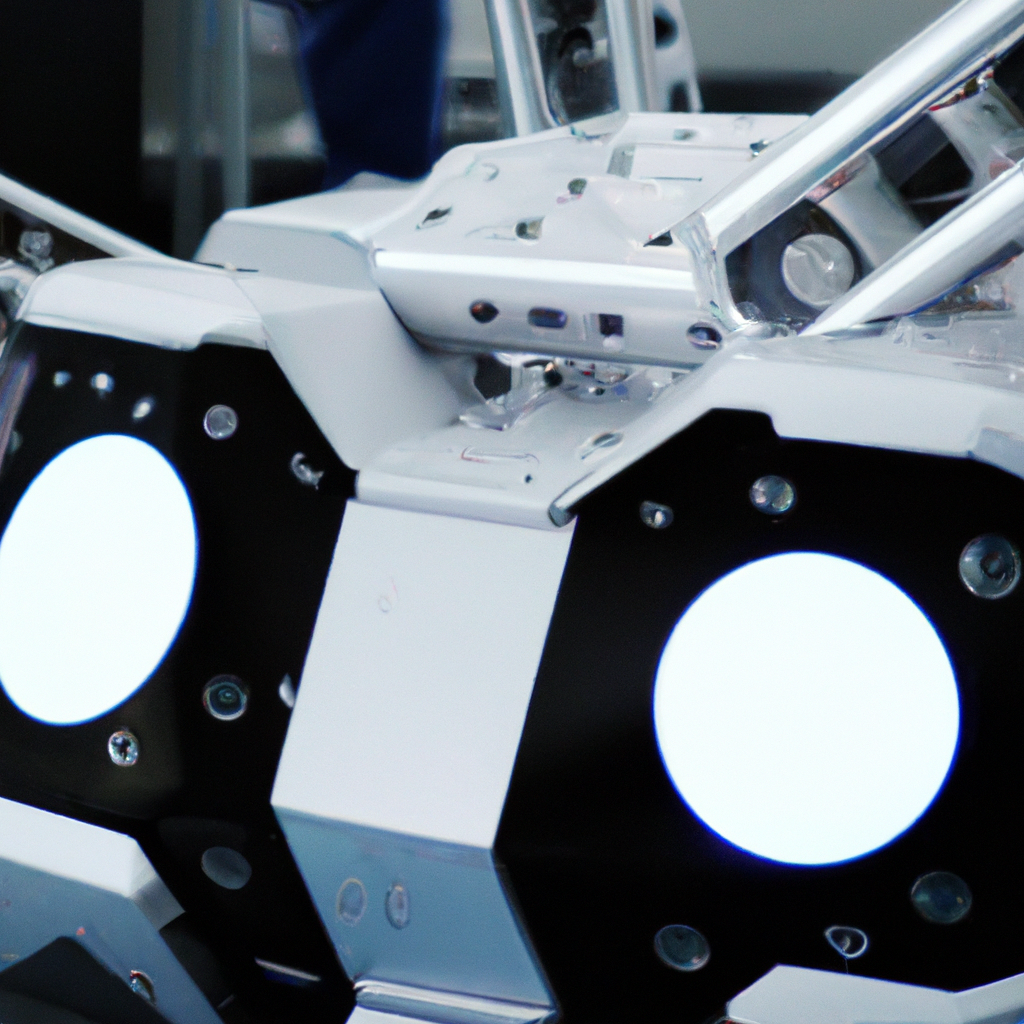In recent years, the healthcare industry has seen a significant increase in the use of technology to improve patient care. One of the most notable advancements in this area is the use of robotics. Robotics is a field that involves the design, construction, and operation of robots. Robotics has rapidly gained popularity in healthcare for its ability to automate tasks, perform complex surgeries, and provide better patient outcomes. In this article, we will explore the role of robotics in healthcare and its potential to revolutionize the medical industry.
Robotics in Surgery
One of the primary uses of robotics in healthcare is in surgery. Medical robots are used to perform minimally invasive procedures with greater precision and accuracy. They are also used to assist surgeons during complex surgeries. Robotic surgery involves the use of a robotic arm that is controlled by a surgeon to perform surgery on a patient. The robot has a high level of dexterity and can make precise movements that are difficult for a human hand. This technology allows for smaller incisions, less pain, and shorter recovery times. A study published in the Journal of American Medical Association found that robotic surgery resulted in fewer complications and shorter hospital stays compared to traditional surgery.
Robotics in Patient Care
Robotics is also being used to provide better patient care. Robots can be programmed to perform routine tasks such as taking vital signs, delivering medication, and providing patient education. Medical robots can also be used to monitor patients remotely, allowing healthcare providers to track vital signs and other important metrics. This technology has the potential to reduce the workload of healthcare providers and improve patient outcomes by providing more efficient and effective care.
Robotics and AI
Artificial intelligence (AI) is a critical component of robotics in healthcare. AI algorithms are used to analyze data and make decisions based on that data. This technology is being used to develop robots that can learn from their experiences and adapt to new situations. Medical robots are being designed with AI capabilities to improve their accuracy and efficiency. AI-powered robots can help diagnose patients, create treatment plans, and even perform surgery. The integration of AI and robotics has the potential to revolutionize healthcare by providing better patient outcomes and reducing the workload of healthcare providers.
Challenges
While the use of robotics in healthcare has many potential benefits, there are also challenges that need to be addressed. One of the main challenges is the cost of this technology. Medical robots are expensive, and many hospitals may not have the budget to invest in them. There is also a shortage of skilled professionals who can operate and maintain these machines. Additionally, there are concerns about the safety and efficacy of robotic surgery. Some studies have found that robotic surgery has a higher rate of complications than traditional surgery.
Conclusion
In conclusion, the role of robotics in healthcare is rapidly expanding. Robotics is being used to improve patient care, automate tasks, and perform complex surgeries. The integration of AI and robotics has the potential to revolutionize the medical industry by providing better patient outcomes and reducing the workload of healthcare providers. While there are challenges that need to be addressed, the benefits of this technology are significant. As technology continues to advance, we can expect to see more innovations in robotics and healthcare in the future.







